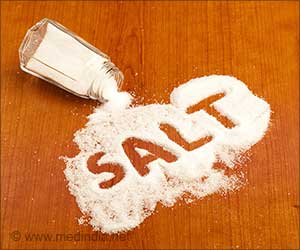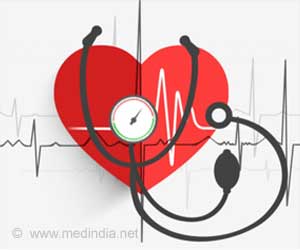Workers reporting high levels of job strain have higher blood pressure than workers who are under less strain, reports a study in the Journal of Occupational and Environmental Medicine.
High job strain—defined as high psychological demands combined with low control or decision-making ability over one's job—is associated with increased blood pressure particularly among men not just during the work day but also at home and during sleep, according to the new research, led by Els Clays, M.Sc., of Ghent University, Belgium.Using data from a large study of the health effects of job stress, the researchers identified 89 middle-aged Belgian workers with high job strain and a similar number of workers without high job strain. Both groups underwent 24-hour ambulatory blood pressure monitoring, in which their blood pressure was measured at frequent intervals as they went through their regular daily activities.
The study results confirm men with high job strain had significantly higher blood pressure. Although blood pressures were highest at work, workers with high job strain also had increased blood pressure while they were at home, and even when they were sleeping. On average, blood pressure during the work day was 6.5/3.1 mm Hg higher for the workers reporting high job strain. (Normal blood pressure is about 120/80 mm Hg.)
Workers with high job strain had increased rates of other risk factors, such as older age, increased body weight, and smoking. However, the relationship between job strain and blood pressure remained significant after adjustment for these factors.
Detailed analysis suggested that the rise in blood pressure was more strongly related to low job control, or "decision latitude," than to high job demands.
High job strain has previously been linked to an increased risk of cardiovascular disease, particularly in men. Increased blood pressure is one way in which high job strain might affect cardiovascular risk.
Advertisement
Source-Newswise
SRM/B











